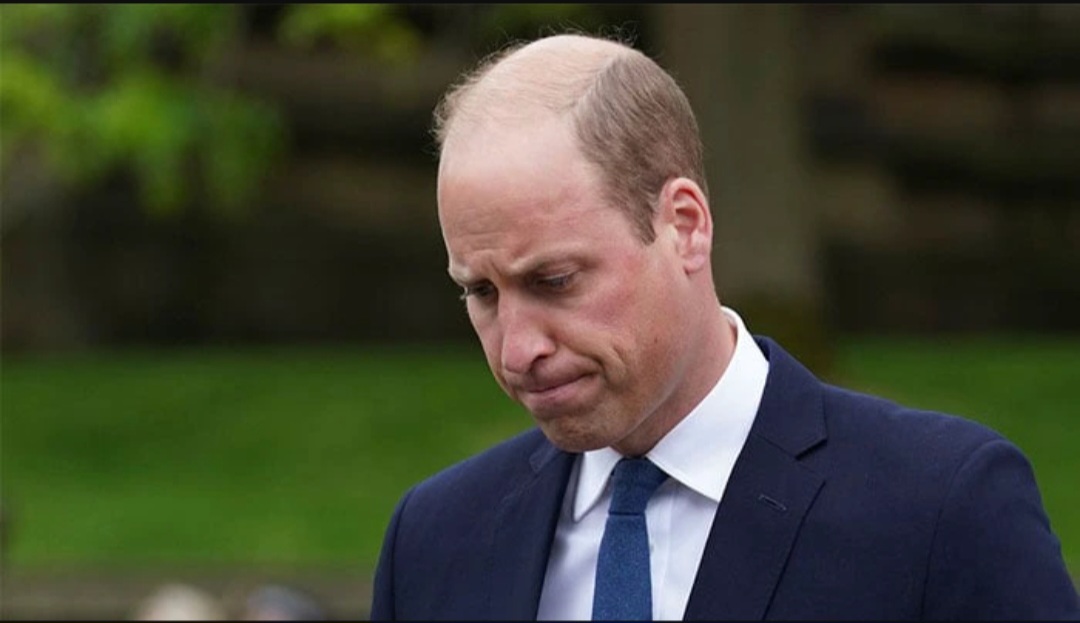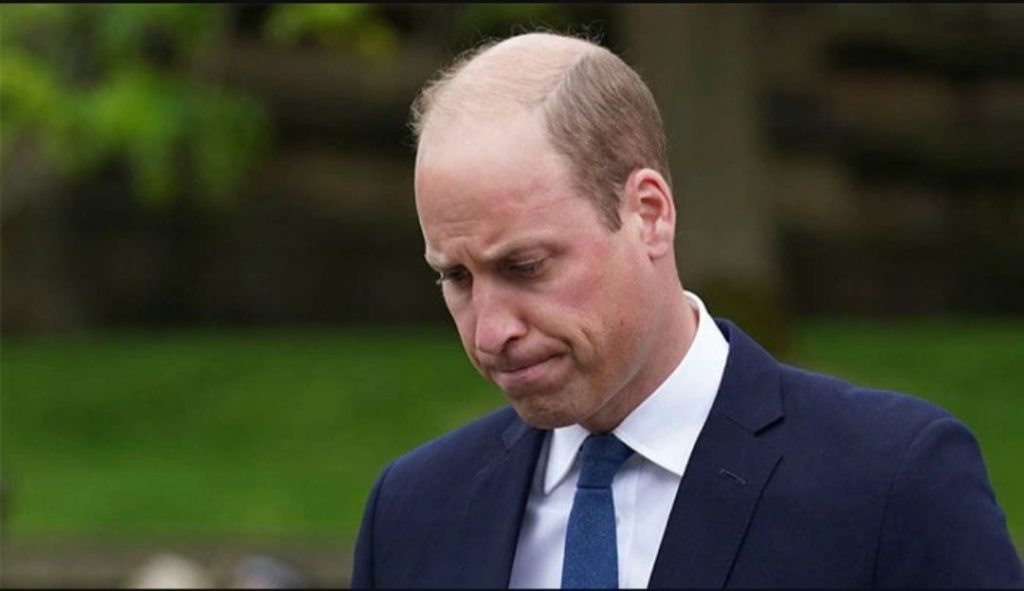
The British royal family has faced yet another twist in its long history as Prince William, second-in-line to the throne, has decided to leave his father, King Charles, out in the cold by not having a direct heir to the throne. This decision has raised many questions about the future of the monarchy and what it means for the institution moving forward.

Prince William, the Duke of Cambridge, has been under pressure for years to produce an heir to the throne. According to reports by Geonews, As the eldest son of Prince Charles and the late Princess Diana, the spotlight has always been on William to continue the line of succession. However, the prince has made it clear that he values his privacy and wants to prioritize his own family over his royal duties.
William and his wife, Kate Middleton, the Duchess of Cambridge, have always tried to maintain a sense of normalcy in their family life. They have raised their three children, Prince George, Princess Charlotte, and Prince Louis, away from the constant media scrutiny that comes with being royal. In a statement released by the couple, they expressed their desire to give their children a “relatively normal” upbringing and shield them from the pressures of royal duty.
This decision has left many wondering what the future holds for the British monarchy. With Prince William choosing to focus on his family rather than his royal responsibilities, there is now a gap in the line of succession. King Charles, who has been waiting his whole life to ascend the throne, now faces the possibility that his son may never become king.
The British monarchy has a long history of tradition and continuity, with the line of succession stretching back for centuries. The idea of a king not having a direct heir to the throne is a relatively new concept and has raised concerns about the stability of the institution. Without a clear successor, there is uncertainty about who will take the throne after King Charles.
Some have speculated that Prince George, as the eldest son of Prince William, could eventually become king. However, the Duke and Duchess of Cambridge have made it clear that they want their children to have a normal upbringing and not be burdened by the expectations that come with being royal. This leaves the future of the monarchy in a state of uncertainty, with no clear path forward.
The decision by Prince William to leave King Charles without a direct heir to the throne reflects the changing attitudes towards the British monarchy. In a modern age where privacy and personal choice are valued, the idea of being born into a life of duty and obligation may not hold the same appeal as it once did. The royal family will need to adapt to these changing times if it hopes to remain relevant in the eyes of the public.




